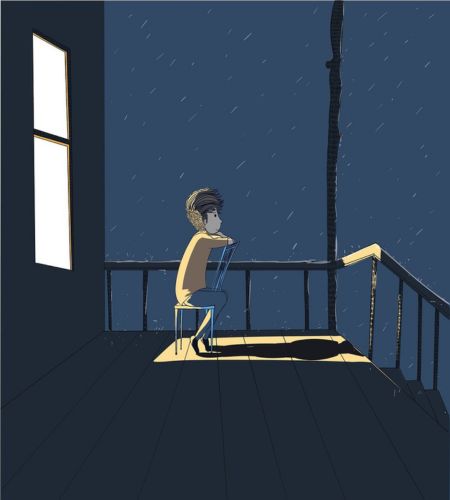I’m a graduate student trying to figure things out. If I had to sum up this phase of life in one word, it would be “uncertainty.”
Recently, I felt a pang of anxiety when I found out a friend, who’s younger and not even graduated yet, got married. It’s not that I want to get married, but it feels like everyone else is moving forward with their lives.
I think about other friends who are:
- Studying abroad for their master’s degree
- Working for big international tech companies
- Becoming popular influencers
It makes me wonder, why does life seem so easy for everyone but me?
I’m still unemployed. I’ve tried applying for jobs and exploring new passions, but nothing has worked out yet. I feel left behind.
But, What If It’s a Good Sign?
I recently watched a TED Talk by David Epstein that really shifted my perspective. The idea that “falling behind in life can get you ahead” resonated with me.
It’s not about making excuses, but rather recognizing that success can come from different paths.
We often hear about the “10,000-hour rule” and how early specialization leads to success. Think of Tiger Woods, who dedicated himself to golf from a young age. He was practically born with a putter in his hand!
But what about those of us who didn’t have such a focused childhood?
Well, the good news is that careers are diverse, and our perspectives change over time. Our first job might not be our final destination.
Experimenting to find the right career is actually quite common. Take a look at these examples:
- Duke Ellington, the renowned jazz composer, was initially focused on baseball and painting.
- Vincent Van Gogh had five different careers before becoming a celebrated Dutch painter.
- David Epstein’s friend, Frances Hesselbein, didn’t start her professional career until she was 54, yet she went on to become the CEO of the Girl Scouts and recruited 30,000 new volunteers.
This period of exploration can actually be beneficial. David Epstein highlights the education systems in England and Scotland as examples of how allowing for diverse experiences can lead to success later in life.
In England, students specialize in a field during their mid-teens, while in Scotland, they explore various options until university.
The result?
English graduates initially earn more due to their specialized skills.
However, Scottish graduates are more persistent.
Over time, English graduates start quitting their jobs because they were forced to make career choices too early, often leading to poor decisions.
Scottish graduates, on the other hand, excel. They demonstrate faster career growth and eventually catch up in terms of income.
Focusing on Current Advantage

People often change their paths as their perspectives change. And whether something good or bad awaits me tomorrow, I’ll never know for sure.
Worrying won’t change a thing.
My brother reminded me to relax and enjoy the present.
“Working full-time isn’t always fun, and marriage isn’t all sunshine and rainbows,” he said. “You should cherish this time because you can’t go back once you move on to the next stage of life.”
His words resonated with me.
Perhaps, just like David Epstein suggests, I’m also in a period of experimentation.
I’ll use this time to learn as much as I can, preparing for a fulfilling career in the future. This opportunity won’t last forever, so why not make the most of it?
What do you all think about this idea of “falling behind”? Have you ever felt this way, and do you agree that it can actually be a good thing? Let me know your thoughts in the comments. Thanks!
Subscribe to my email newsletter to get the latest posts delivered right to your email.


Comments